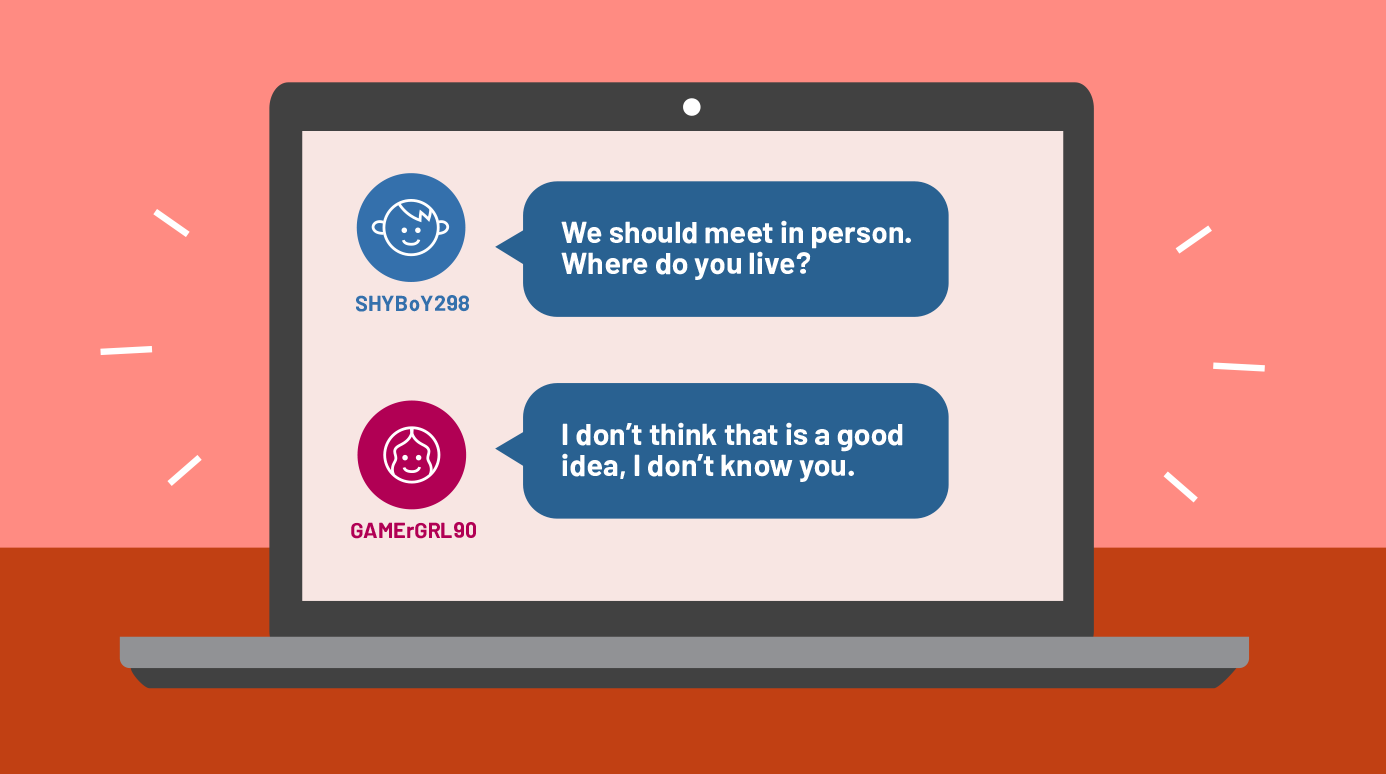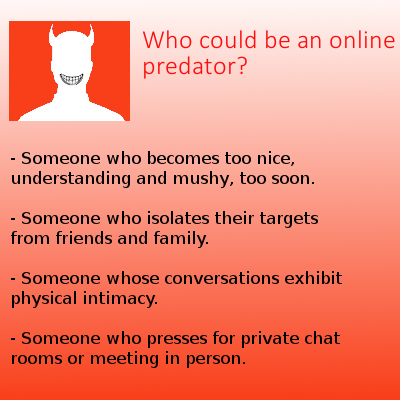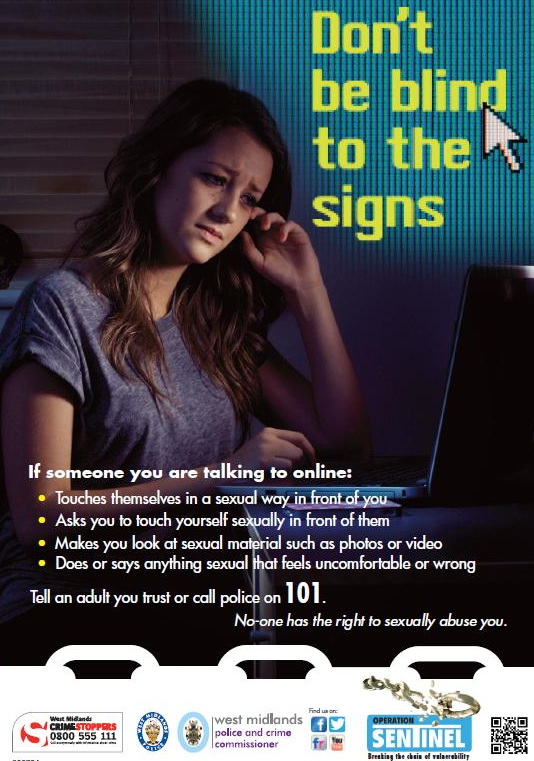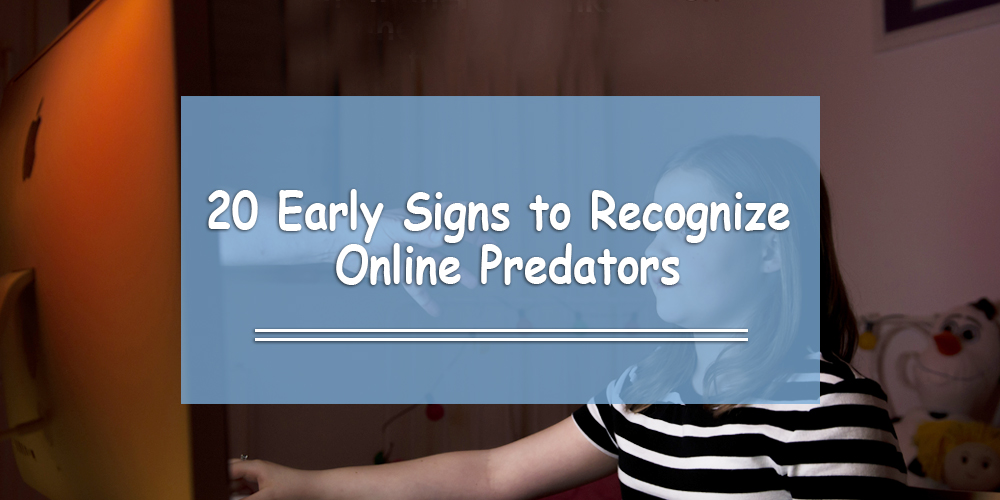Stunning Info About How To Spot Online Predators

They could message you on your favorite social network.
How to spot online predators. Online predators stalk you online. If someone is asking your child a lot of. In your neighborhood, your workplace, your child´s school.
He will be making sexual comments to her, commenting on her performance, isolating. If you are approached, look them straight in the eyes and tell them no thank. How to recognize an online predator method 1 identifying the warning signs.
The challenge is spotting them before they spot your child. Anxious to move from an online site e.g. With zoom and other virtual platforms making online socializing easier than ever, sexual predators have increased access to children.
They typically tell their target that. The person in question maintains few. Warning signs of an online predator include:
They try to keep their. Online grooming—where predators seek to befriend and develop a relationship with underage victims with an eye toward sexual. They are hiding in plain sight.
We have all watched the documentaries. Below are some child predator characteristics to look for: You cannot identify a sexual predator by looking;
Gets angry when he or she can’t get online. Once you begin to suspect someone you interact with is an online predator, save copies of your conversations with them to be able to show law. They may use a fake profile picture and add other profile details to appear more convincing.
How to recognize an online predator many predators use fake accounts with bogus names and pictures to hide their real identity. Learn common traits of predators. Being able to know how to spot a predator and prepare yourself is key, this is exactly what this feeling does for us.
He/she may show a preference for association with children. Authorities apprehending adult predators arriving to meet an underage victim, really a law enforcement decoy. Look to the chat window and you’ll see the little green online circle showing they are online (or were online within the hour) each time you login to facebook.
A sudden out of the blue ‘hi’ is not harmless. But a ‘hi’ followed by questions about your kid’s gender, school and home address, should be taken for signs of an. Some adults predators may even send fake.


















